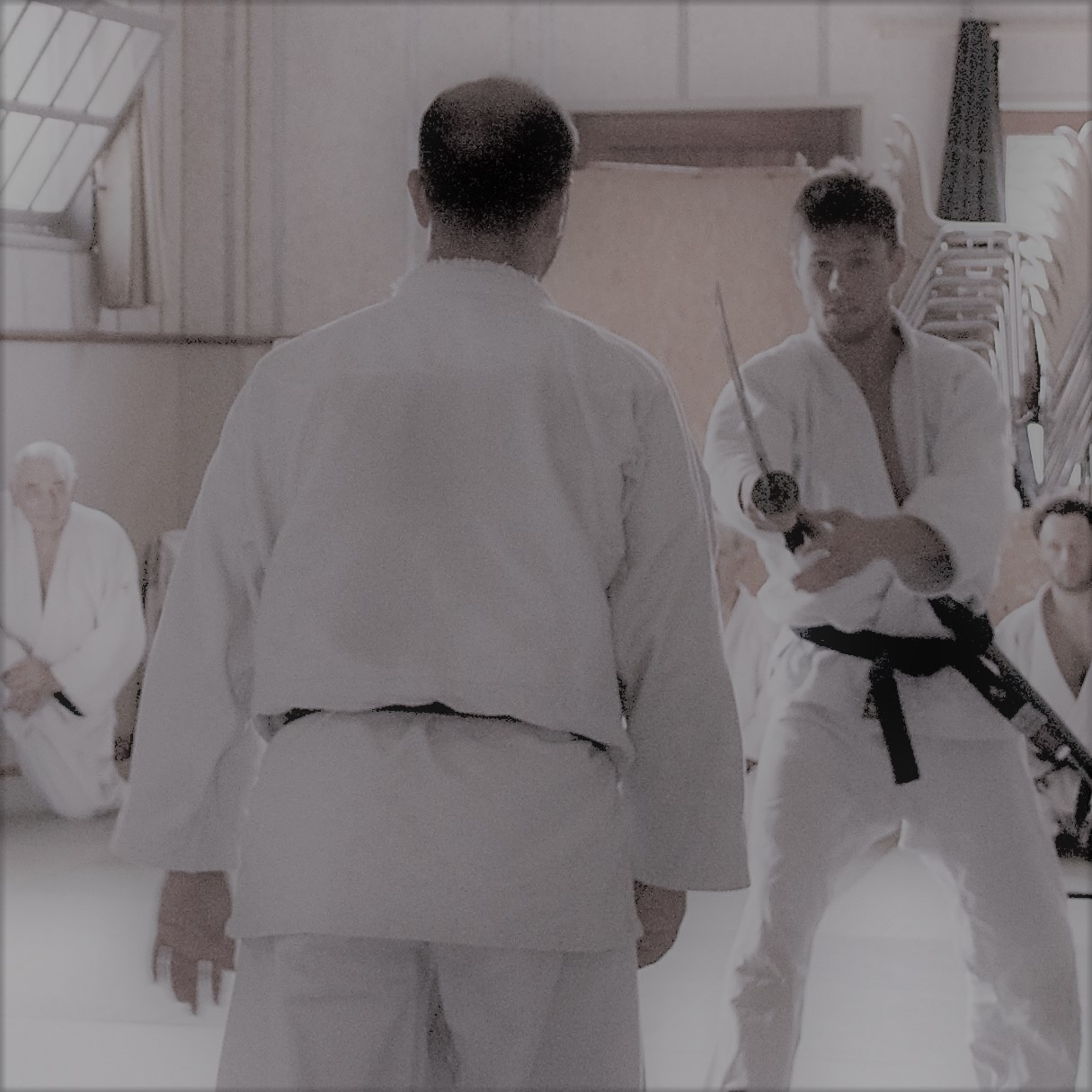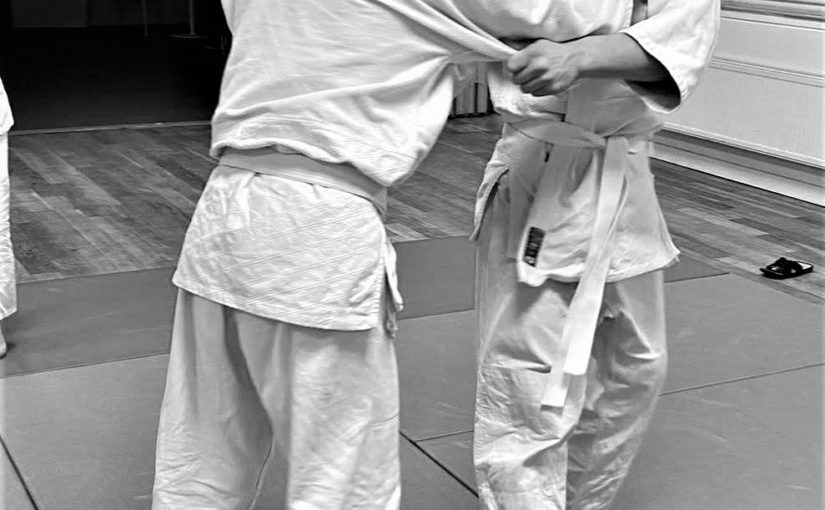Let’s exlore deeper into the concept of autonomy in Original Judo-Jujitsu, also known as Junomichi:
- Sensory Focus: In Junomichi, practitioners are encouraged to develop a strong connection with their own bodily sensations.
This means paying close attention to how their body feels during movements, holds, and techniques. By being acutely aware of these sensations, practitioners can refine their techniques and movements with greater precision. - Self-Correction : Autonomy in Junomichi also involves the ability to correct oneself without constant reliance on a teacher’s guidance.
This doesn’t mean that teachers are unnecessary; rather, it emphasises that practitioners should actively participate in their own learning process.
They should be able to identify errors or areas for improvement and take steps to correct them on their own. This self-correction aspect fosters a sense of independence and self-reliance in practitioners. - Reduced Dependence on External Guidance: As students progress in Junomichi and become more adept at focusing on their sensations and self-correcting, they gradually rely less on external guidance.
While the assistance of a teacher or professor is valuable, it is not constantly required for every aspect of the study.
Practitioners become less dependent on the “external eye” of a teacher or another person to correct their movements. - Internal Sensation of Movement: Junomichi places significant importance on the internal sensation of movement. This means that practitioners should be able to detect and understand their own body’s movements from within. Instead of relying solely on external feedback, practitioners use their internal awareness to refine their techniques and gestures.
- Freedom in Practice: Autonomy in Junomichi liberates students from the need to wait for a teacher’s feedback or instruction. It encourage them to continue their study independently and confidently. They can practice without being hindered by the absence of a teacher or the need for constant supervision.
In essence, Junomichi values the development of self-awareness, self-correction, and self-reliance in students. It allows them to take control of their own learning and practice, ultimately leading to a deeper understanding of the art and the ability to progress without constant external input.
#JudoScotland #judoschoolscotland #judo #judoka #junomichi #judoedinburgh #junomichiscotland #kano

